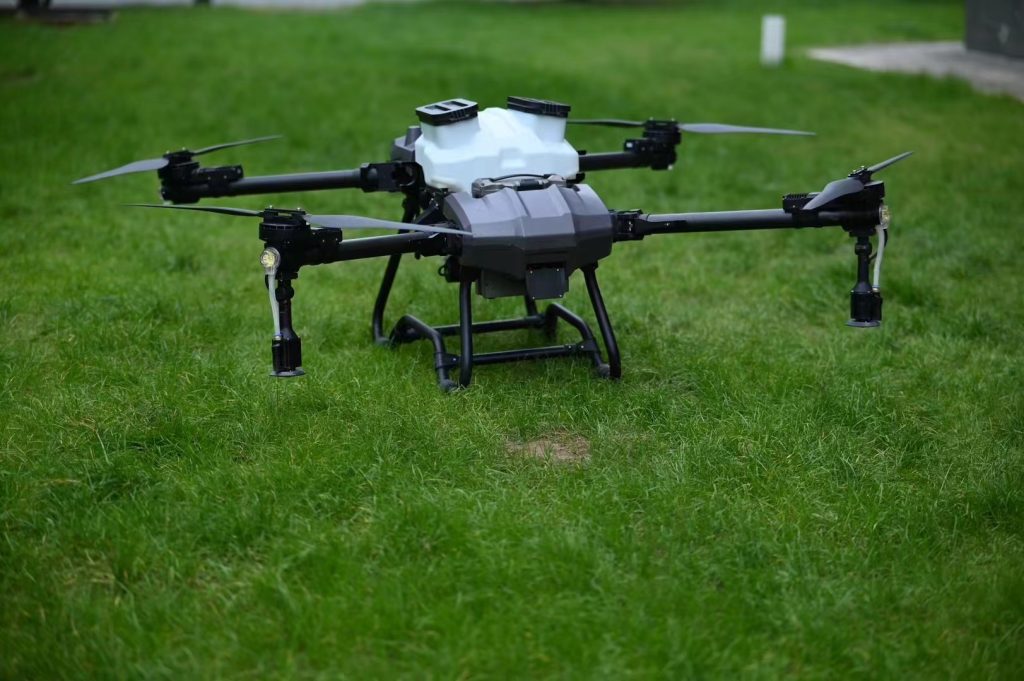
Introduction: Why Indonesian Farmers Are Turning to Chinese-Made Spraying Drones
Indonesia, with its vast archipelago and diverse agricultural landscape, faces unique challenges in crop protection and fertilizer application. Traditional manual spraying is labor-intensive, time-consuming, and often inefficient, especially in hard-to-reach plantation areas like palm oil estates, rice fields, and spice farms.
Meanwhile, China has emerged as a global leader in agricultural drone manufacturing, producing high-quality, cost-effective spraying UAVs that are now being imported by Indonesian farmers and agribusinesses. These drones offer precision, speed, and sustainability, helping Indonesian agriculture become more productive and environmentally friendly.
This article explores why importing spraying drones from China is a smart move for Indonesia, the key benefits, regulatory considerations, and how to ensure a smooth procurement process.
Why Chinese Spraying Drones Are Ideal for Indonesian Agriculture
-
High Performance for Diverse Crops
-
Chinese-made spraying drones are designed for large-scale operations, making them perfect for Indonesia’s palm oil, rice, rubber, and coffee plantations.
-
High-capacity tanks (10L–30L) allow extended operation per flight, reducing downtime.
-
Precision spraying minimizes chemical waste and protects crops from overexposure.
-
-
Cost-Effective Compared to Western Alternatives
-
Chinese drones offer advanced features (GPS guidance, AI mapping, obstacle avoidance) at a fraction of the cost of European or American models.
-
Lower import costs make them affordable for small and medium-scale Indonesian farmers.
-
-
Adaptability to Indonesia’s Terrain
-
Many Chinese drones are designed for rugged, uneven farmland, including hilly regions like Sumatra and Sulawesi.
-
Water-resistant and dustproof builds withstand tropical weather conditions.
-
-
Faster Delivery & Strong Supply Chain
-
China’s well-established drone manufacturing industry ensures quick production and shipping to Indonesia.
-
Many suppliers offer direct export services, simplifying the import process.
-
Key Benefits for Indonesian Farmers
✅ Labor Savings – One drone operator can cover 5–10 acres per hour, replacing dozens of manual laborers.
✅ Precision Agriculture – RTK GPS and smart spraying ensure chemicals are applied only where needed.
✅ Reduced Chemical Waste – Minimizes runoff into rivers and soil, supporting eco-friendly farming.
✅ Higher Crop Yields – Early pest detection and efficient spraying lead to healthier plants and better harvests.
✅ Scalability – From small rice farms to large palm oil estates, drones can be used across different farming scales.
Regulatory & Import Considerations for Indonesia
Before importing spraying drones from China, Indonesian buyers should consider:
-
Drone Registration & Licensing
-
Indonesia’s Directorate General of Civil Aviation (DGCA) requires drone registration based on weight and usage.
-
Agricultural drones (typically under 25kg) may have simplified registration, but compliance is essential.
-
-
Import Duties & Taxes
-
Imported drones may be subject to VAT (11%), import duties (0–15%), and luxury goods tax (if applicable).
-
Working with a reliable freight forwarder helps navigate customs efficiently.
-
-
Battery & Lithium Regulations
-
Most spraying drones use lithium batteries, which are classified as dangerous goods in air freight.
-
Proper battery packaging and documentation are required for safe shipping.
-
-
After-Sales Support & Spare Parts
-
Buyers should ensure the supplier provides warranty, technical support, and access to spare parts in Indonesia.
-
How to Import Spraying Drones from China to Indonesia
-
Find a Reliable Supplier
-
Source from verified Chinese manufacturers with experience in agricultural drones.
-
Request product certifications (CE, FCC, ISO) and flight test videos.
-
-
Negotiate Terms & Shipping
-
Sea freight is cheaper but slower (3–6 weeks).
-
Air freight is faster (3–7 days) but more expensive—ideal for urgent orders.
-
-
Customs Clearance in Indonesia
-
Work with a local import agent to handle paperwork (Bill of Lading, Commercial Invoice, Packing List).
-
Ensure drones comply with Indonesian drone regulations (Permenhub No. 92/2020).
-
-
Training & Maintenance
-
Many suppliers offer operator training to maximize drone efficiency.
-
Regular maintenance checks ensure long-term performance.
-
Conclusion: A Smart Investment for Indonesia’s Agricultural Future
Importing spraying drones from China presents a cost-effective, high-tech solution for Indonesia’s farming challenges. With precision spraying, labor savings, and eco-friendly benefits, these drones help Indonesian farmers increase productivity while reducing environmental impact.
By understanding regulatory requirements, choosing the right supplier, and optimizing logistics, Indonesian agribusinesses can seamlessly integrate Chinese-made drones into their operations—paving the way for smarter, more sustainable agriculture.
Are you ready to upgrade your farming with aerial precision? The future of Indonesian agriculture is flying high—on drones. 🚁🌾
Need help finding the right drone model or navigating imports? Let me know how I can assist further!”
THE END

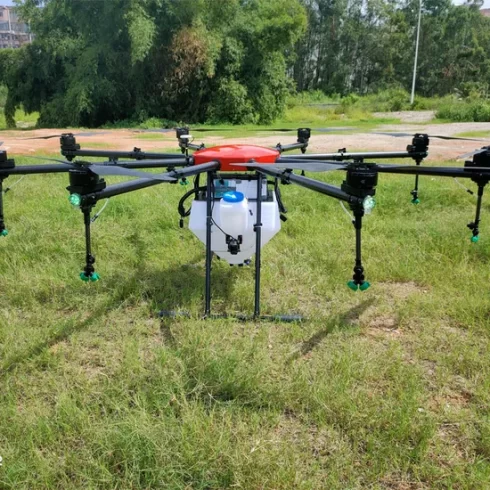
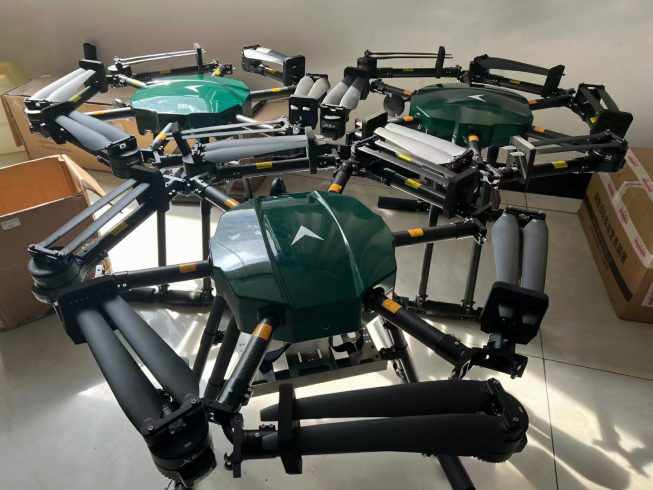
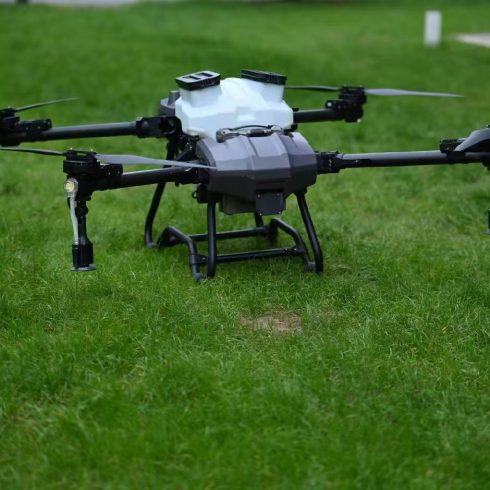
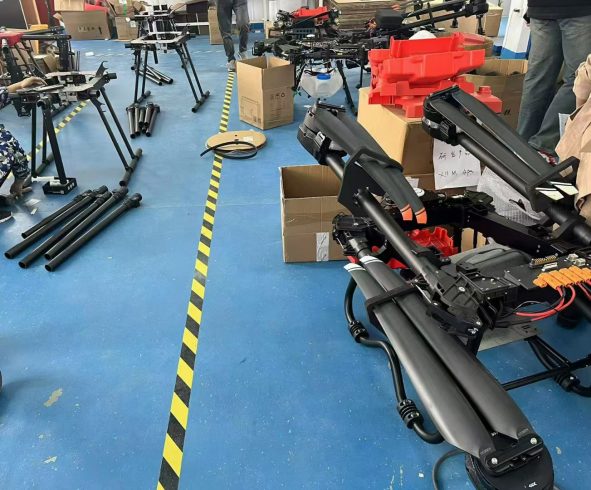
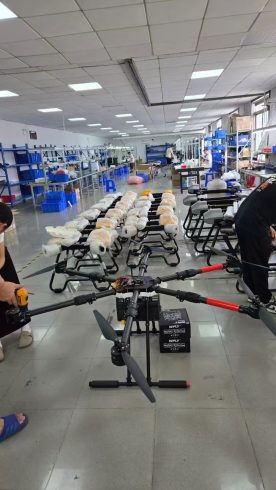
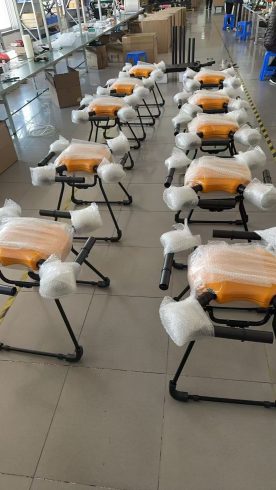

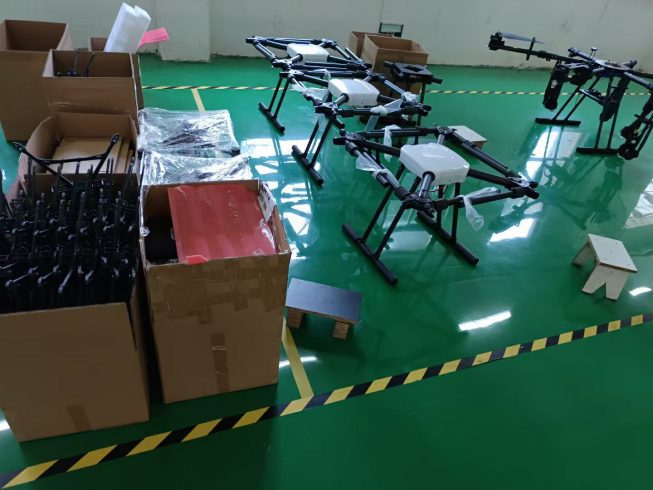
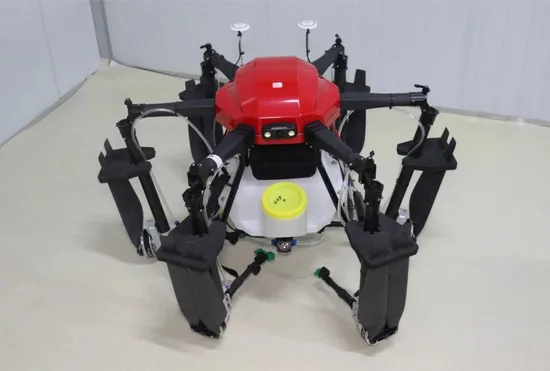
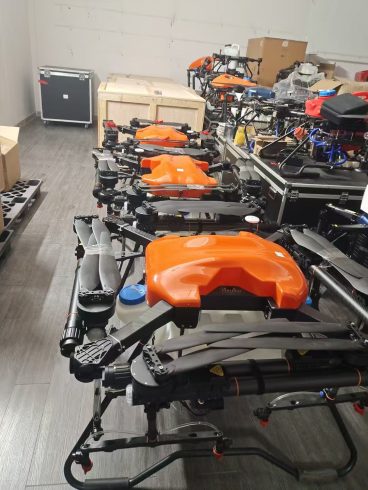

暂无评论内容